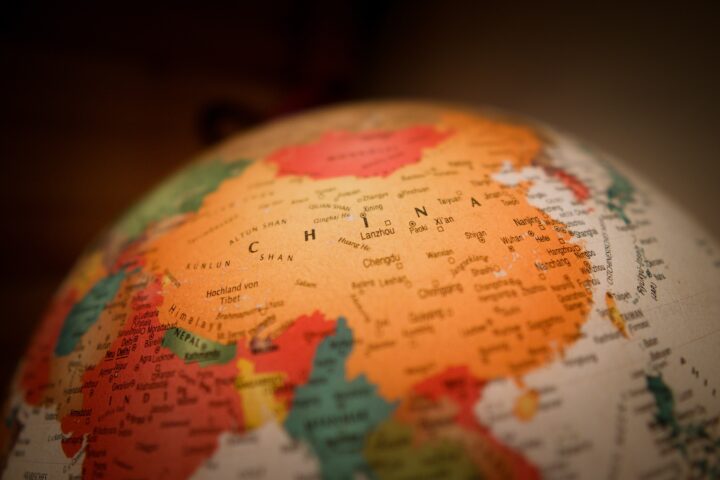
Concerns about position of lawyers in Hong Kong
China
One year ago, on 1 July 2020, the National Security Law entered into force (NSL). Lawyers for Lawyers has been informed that legal practitioners in Hong Kong are deeply concerned about the developments surrounding the NSL.
The NSL criminalises acts that China deems challenging to its authority. This includes acts of secession and collusion with foreign forces. We were informed that the charges under the NSL are loosely defined and open to interpretation. The NSL creates offenses that fall under the laws of the People’s Republic of China (PRC), rather than under the laws of Hong Kong. This entails that Hong Kong citizens, detained in Hong Kong, will now be tried under mainland China law once their case has been determined to fall under the NSL. A special committee of judges, selected by government officials from Beijing, has been established to handle NSL cases.
Lawyers in Hong Kong are gravely concerned about the NSL and its implications. According to some Hong Kong lawyers, the NSL has infringed upon Hong Kong’s autonomy and the NSL exposes Hong Kong lawyers to a possible crackdown on human rights defenders, similar to those taking place in the PRC since 2015. Hong Kong lawyers have indicated that setting bail, common practice under Hong Kong law, is not customary under the NSL, making long pre-trial detention possible. Also, under the NSL there is no right to a jury trial. Furthermore, the NSL office has the power to take away passports and freeze bank accounts without a prior warrant. Hong Kong lawyers are concerned that there are no checks and balances in place on police power in NSL cases.
The NSL has already had a chilling effect on lawyers in Hong Kong. Many lawyers involved in human rights cases have discontinued their work or even left Hong Kong out of fear of repercussions. According to Hong Kong lawyers, attorney-client privilege is breached widely during police searches and confiscations. The identification of lawyers with their clients or their causes happens regularly in the PRC. Hong Kong lawyers have shared their fears that this will become common practice in Hong Kong as well.
The United Nations Basic Principles on the Role of Lawyers define the fundamental requirements to guarantee that everyone has access to independent legal counsel. In Hong Kong’s case, special attention should be given to:
Article 16: Governments shall ensure that lawyers ( a ) are able to perform all of their professional functions without intimidation, hindrance, harassment or improper interference; ( b ) are able to travel and to consult with their clients freely both within their own country and abroad; and ( c ) shall not suffer, or be threatened with, prosecution or administrative, economic or other sanctions for any action taken in accordance with recognized professional duties, standards and ethics.
Article 18: Lawyers shall not be identified with their clients or their clients’ causes as a result of discharging their functions.
Article 22: Governments shall recognize and respect that all communications and consultations between lawyers and their clients within their professional relationship are confidential.
While no Hong Kong lawyers have been specifically targeted by the PRC under the NSL yet, Hong Kong lawyers have concerns about the effect of the NSL on their independency and freedom. Recently, there have been multiple civil society organisations related to fundamental rights and/or lawyers’ protection that had to dissolve as a consequence of the adoption of the NSL.
Lawyers for Lawyers will continue to monitor the situation of Lawyers in Hong Kong.